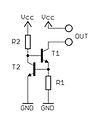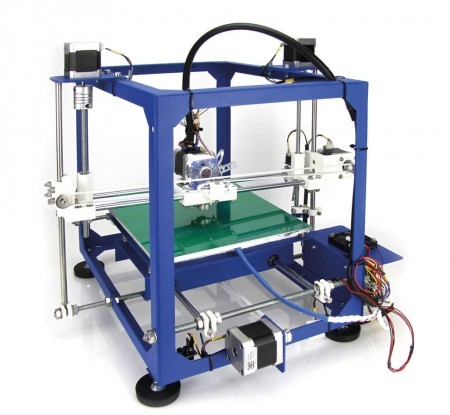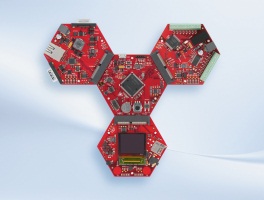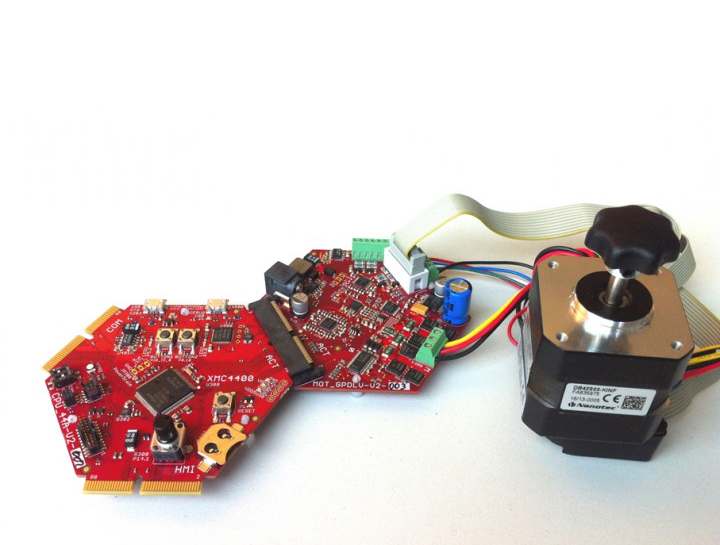Artikel der Woche: Konstantstromquelle

Eine Konstantstromquelle ist eine Schaltung, die den Strom durch eine Last (z. B. eine LED) möglichst konstant hält, das heißt Änderungen des Stroms durch Variationen der Betriebsspannung und/oder des Lastwiderstands entgegenwirkt. Es gibt viele verschiedene Schaltungen, die zu diesem Zweck eingesetzt werden...




